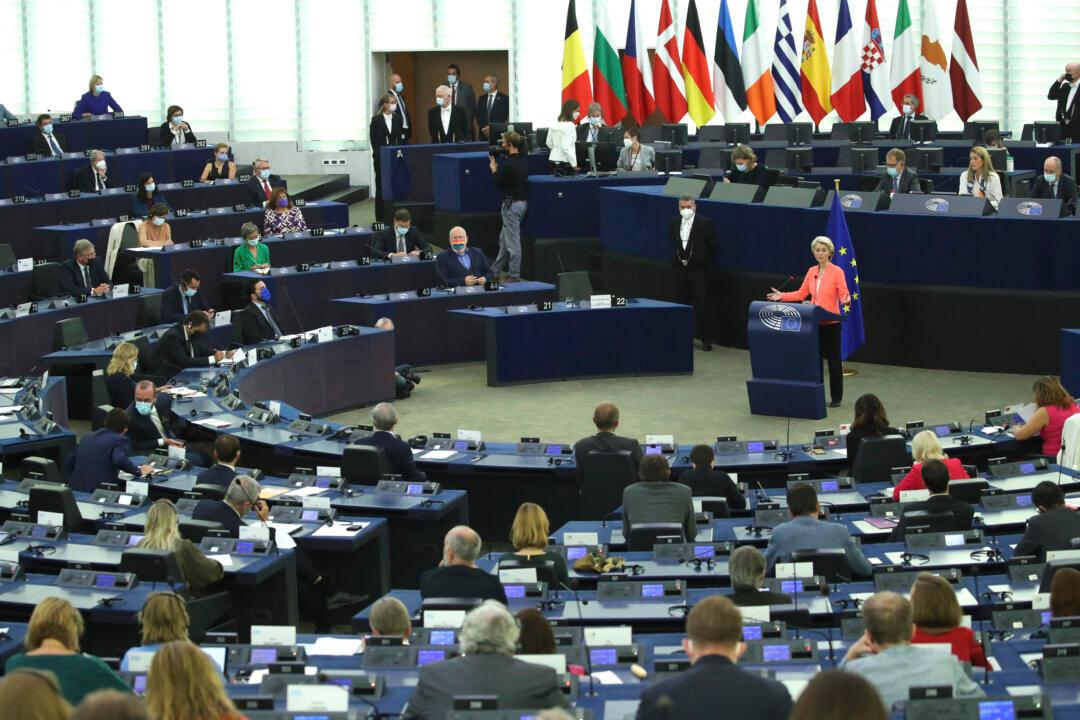News Analysis
Just as Beijing’s Belt and Road Initiative (BRI) has begun to run into rough sledding in Africa, the European Union (EU) has launched its own initiative.

Just as Beijing’s Belt and Road Initiative (BRI) has begun to run into rough sledding in Africa, the European Union (EU) has launched its own initiative.